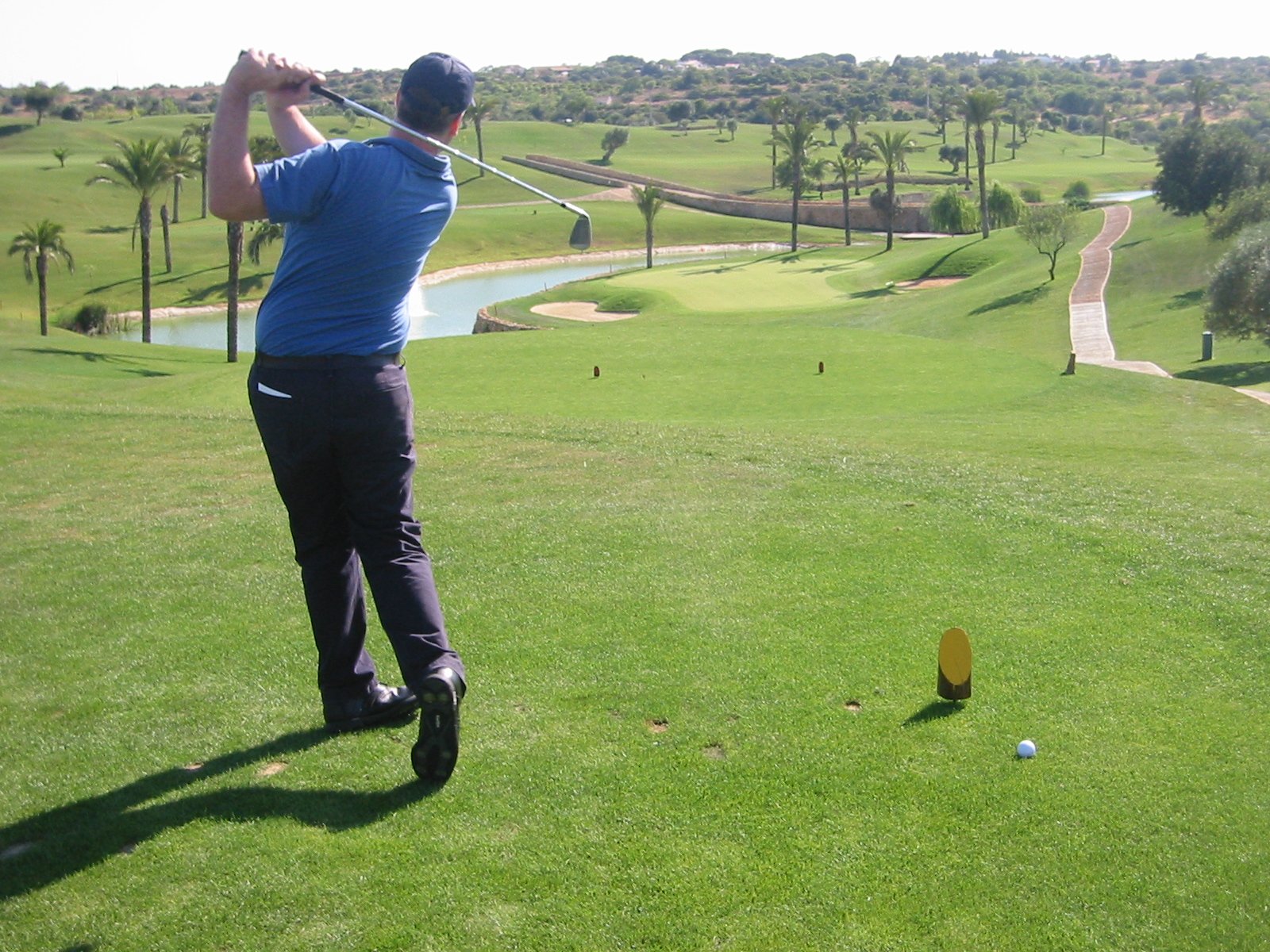
Every golfer wants to get better and this requires practice. However, to know what aspects of your game you need to work on and how to do it, you must take some time to analyse your game.
Analysis can prove to be one of the most important things you do when trying to improve at golf. It will help to highlight the areas of your game which are letting you down and the areas where you are performing well.
Analysis of your game can be great but there can come a time when it becomes too much and you start thinking about everything you are doing on the golf course.
This is especially true if you are off form and playing poorly. You will start thinking about every aspect of your swing and the things you have analysed. When on the golf course, this can cause big problems and you begin playing even worse due to over-analysing every part of your swing.
The main reason you will get into this process is because you care about how well you play and that’s great. However, if things start to go wrong, you start searching for the answers and this can become more desperate as the round develops.
The only way to break that cycle is to completely drop your expectations when playing your shots. If you are playing poorly but drop any thought of making a great approach shot to the green and allow your mind to drift free, your body will also loosen up.
This will help to make a freer swing of the club and while it may not be a perfect shot, the tenseness from previous shots should have disappeared.
When you are over analysing your swing, it can become very forced and the swing becomes a process of individual steps rather than one smooth movement. If this happens, step aside from the ball and tee while someone else is teeing off and take some smooth half-swing practice shots. Think about your balance and maintain it all times.
Use this as your practice swing for the remainder of the round and consider your actual swing as an extension of this practice.
If you are over analysing your swing on the tee, simply taking the club back can be a problem for some players.
If this is the case, you need to identify a swing trigger and use this to start taking the club back. It can be anything from a raise of the eyebrow to a slight squeeze of the hand. If you find yourself in a muddle of different thoughts, use a trigger to clear the mind and get your swing in motion.

Recent Comments